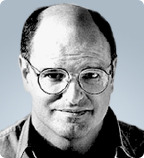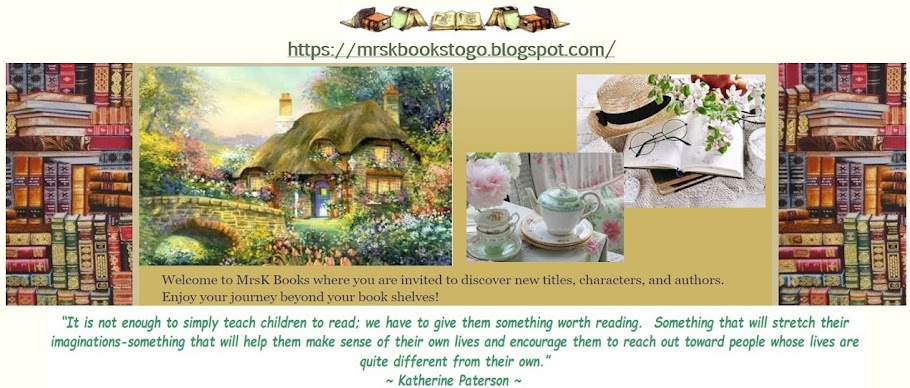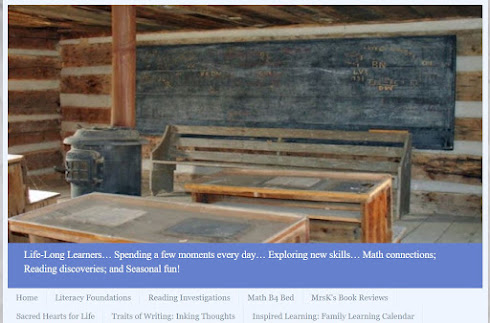
ISBN: 9780544867598
Publisher's Synopsis:
A few months after returning from Afghanistan, Peak Marcello is in Myanmar visiting Alessia. Myanmar has been in the grips of a brutal military regime for more than fifty years, but recently the government has allowed more tourists to enter. While there, Peak is invited to climb Hkakabo Razi, one of the most isolated mountains in the world, to discover the exact elevation of the mountain. But getting to the mountain will involve a four-week trek through tropical rain forests rife with hazards—from venomous reptiles and leeches to corrupt police and military. In the end, summiting Hkakabo Razi may be the easiest thing Peak does.
"A Bedraggled group of mud-splattered soldiers came
marching into camp..."
MrsK's Review:
Peak has found himself in the tropical rainforest of Myanmar. Not exactly his favorite place given the extreme heat, dampness, bugs, and of course venomous reptiles. Even though he is on this trek with Alessia and her body guard Ethan, the alluring target is their planned climb of Hkakabo Razi. One would think that his past life and death climbs would cause Peak a few moments of indecision, but for Peak the planning of a dangerous climb is completely alluring. After all, hanging by a "rope" is just a normal experience for any serious mountaineer.
Can you say "extreme chaos!" Peak's adventures are never a calm experience. There are always risks, some are life threatening (mutated strain of malaria, militia, environmental degradation, dangerous wild animal attacks, avalanches, and death). Of course there are minor challenges (extreme weather, treacherous footing, harsh conditions, and the expected "stabs, slices, pokes, bites, and stings"). And yet, for Peak to turn down a climb is like a reader refusing to open a book. He just has to answer the call of the next mountain.
If you are an "on the edge" reading junkie, there is no greater thrill than continuing a saga with characters that have "stretched" your every day universe beyond endurance. When Peak was first introduced, I considered him "edgy" and completely ready for any "over the edge" experience. With continued climbing experiences, he has matured into a mountaineer who is now a respected leader.
With every carefully crafted "cliff-hanging" moment, this author never disappoints. Even though this is the third Peak novel, any reader can get started with this climb and go back to the first two novels. Roland Smith always gives just enough prior details to entice a new reader to experience the beginnings for each series he pens.
Be brave and enjoy another "Peak" experience,
MrsK
Peak has found himself in the tropical rainforest of Myanmar. Not exactly his favorite place given the extreme heat, dampness, bugs, and of course venomous reptiles. Even though he is on this trek with Alessia and her body guard Ethan, the alluring target is their planned climb of Hkakabo Razi. One would think that his past life and death climbs would cause Peak a few moments of indecision, but for Peak the planning of a dangerous climb is completely alluring. After all, hanging by a "rope" is just a normal experience for any serious mountaineer.
Can you say "extreme chaos!" Peak's adventures are never a calm experience. There are always risks, some are life threatening (mutated strain of malaria, militia, environmental degradation, dangerous wild animal attacks, avalanches, and death). Of course there are minor challenges (extreme weather, treacherous footing, harsh conditions, and the expected "stabs, slices, pokes, bites, and stings"). And yet, for Peak to turn down a climb is like a reader refusing to open a book. He just has to answer the call of the next mountain.
If you are an "on the edge" reading junkie, there is no greater thrill than continuing a saga with characters that have "stretched" your every day universe beyond endurance. When Peak was first introduced, I considered him "edgy" and completely ready for any "over the edge" experience. With continued climbing experiences, he has matured into a mountaineer who is now a respected leader.
With every carefully crafted "cliff-hanging" moment, this author never disappoints. Even though this is the third Peak novel, any reader can get started with this climb and go back to the first two novels. Roland Smith always gives just enough prior details to entice a new reader to experience the beginnings for each series he pens.
Be brave and enjoy another "Peak" experience,
MrsK
"We can top the mountain,
then drop down onto the roof of the world."
then drop down onto the roof of the world."
A trekking experience that leaves you...
"anchored" and "clipped"
by your locking carabiner!


Click here to read MrsK's reviews
for the first two books in this series!
Roland Smith has always been my "go to" author for every "on the edge" reading junkie. No title will disappoint, no character will leave you unchanged. No situation will be insurmountable. And... every plot will leave you wanting more.
Meet the Author:

Roland Smith is an American author of young adult fiction as well as nonfiction books for children.Smith was born in Portland, Oregon, and graduated from Portland State University and, following a part-time job at the Oregon Zoo in Portland, began a 20-year career as a zookeeper, both at the Oregon Zoo and the Point Defiance Zoo in Tacoma, Washington. After working to save wildlife following the Exxon Valdez oil spill, in 1990, he published his first book, Sea Otter Rescue, a non-fiction account of the process of animal rescue. Smith continued to draw upon his zoo experiences for other non-fiction titles, including Journey of the Red Wolf, which won an Oregon Book Award in 1996.
In 1997, Smith published his first novel, Thundercave. The book continues Smith's theme, as teenage protagonist Jacob Lansa follows his biologist father to Africa where the father is researching elephants. The Lansa character also appears in 1999's Jaguar and 2001's The Last Lobo. Other novels by Smith include The Captain's Dog: My Journey with the Lewis and Clark Tribe, Zach's Lie, Jack's Run, Cryptid Hunters, Sasquatch (novel), about a boy who searches for Bigfoot. Peak, the story of a teenage boy obsessed with climbing mountains, Elephant Run and Tentacles (novel). In 2008, Smith published the first book in the series IQ, titled Independence Hall. Smith's books have won "Book of the Year" awards in Colorado, Nevada, South Carolina, and Florida, as well as in his native Oregon. Smith lives in Tualatin, Oregon with his wife and stepchildren.
Click here to discover what is within the covers of the above titles.




No comments:
Post a Comment